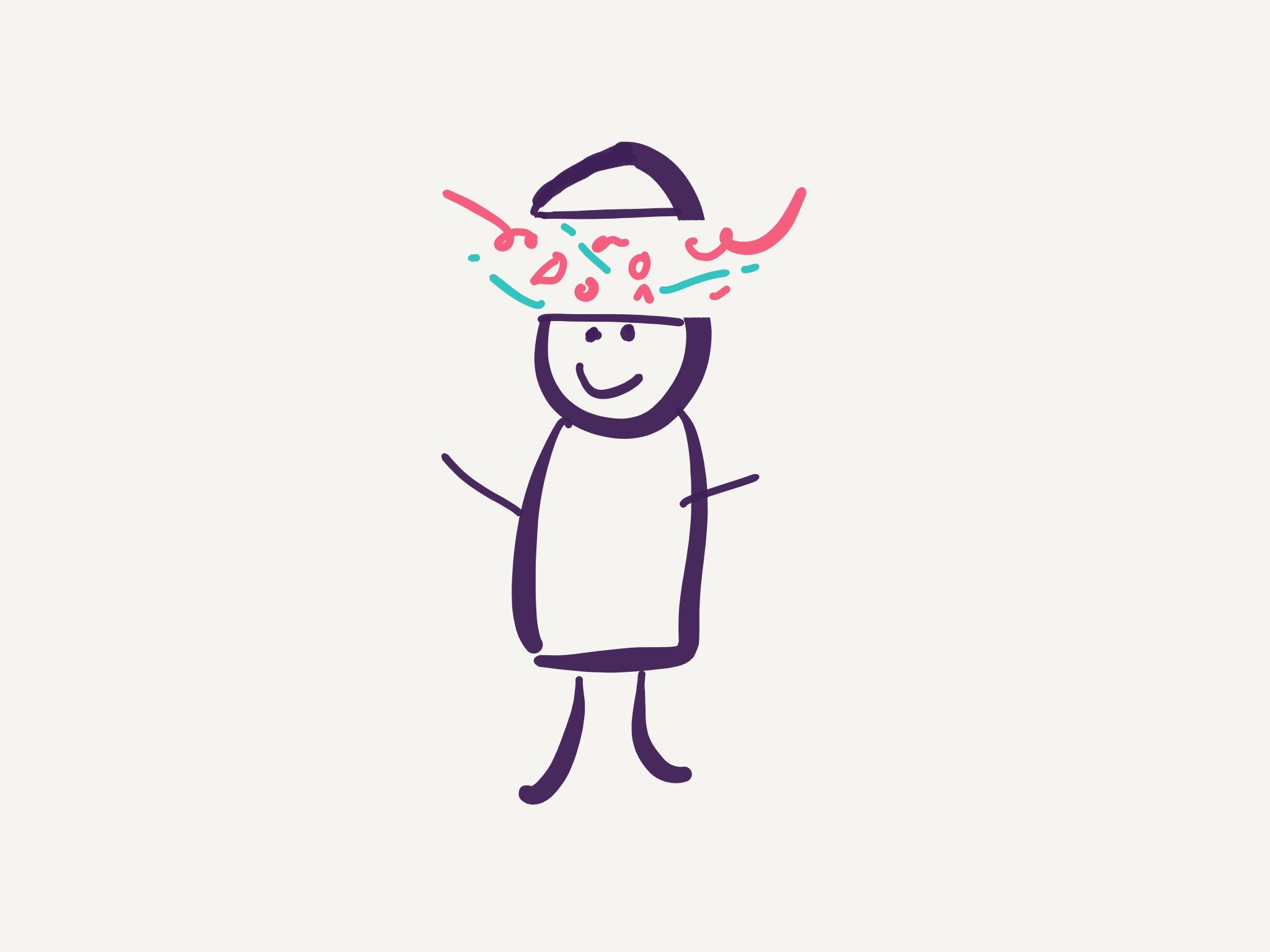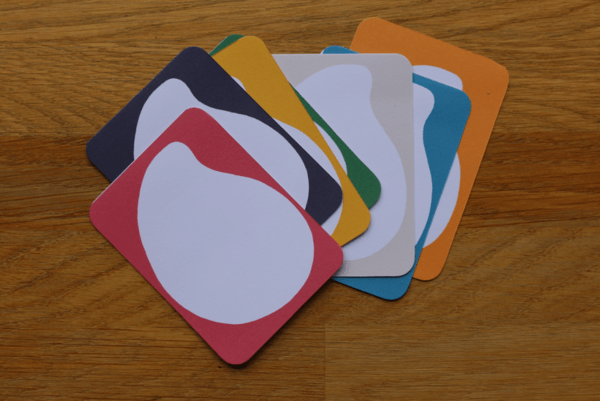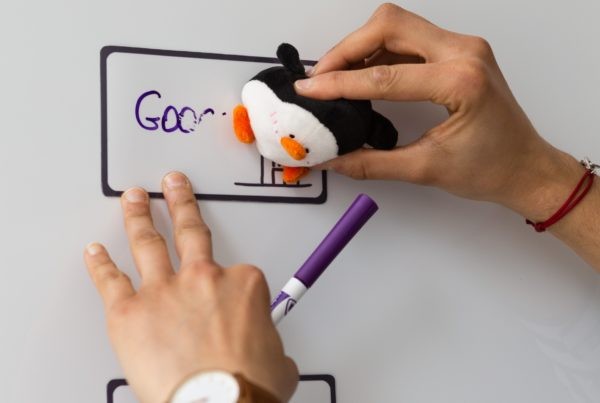Your Brain on Play
There’s a good reason why play helps us solve problems in unique and creative ways. Decades of research show that play not only makes us feel better and improves mental health; it also impacts how we learn and what information we retain. Play—defined here as activities that give us the freedom to experiment, the ability to fail without real world consequences, to forget our daily lives, and to take on other perspectives—changes our brains for the better. Here are just a few ways, according to scientific research.
Play Makes Us Social
Play teaches children how to interact with the world, and with each other. Research shows that play can also teach adults social skills that are applicable in the working world as well.
When we play, the neocortex—a region of the brain that’s associated with processing social interactions—is active and ready to make new connections. Play provides an open, often judgment-free environment to make those social connections, strengthen existing relationships, and build more cohesive teams in the workplace.
After play is finished, studies show that participants are frequently happier, more productive, and better teammates than they were before.
Play Improves Executive Function
Much of the research on how play affects the brain comes from studying animals. Rats, birds, monkeys, dolphins, and a host of creatures large and small play in ways that are almost eerily similar how we do it. Just like humans, animals take turns, avoid hurting each other, and observe rules of fairness.
Research by Sergio Pellis, a neuroscientist who studies play at the University of Lethbridge in Alberta, Canada, shows that after a spurt of play, rats have strengthened neural connectivity in their prefrontal cortexes—an area of the brain that’s critical for planning, decision-making, regulating social behavior, and problem-solving.
Rats obviously behave very differently than humans, but just like our furry friends, the planning, problem-solving, and decision-making functions of our brains also improve with play. Research on children, for example, shows that kids who play demonstrate better self-regulation, focus, and an increased ability to store information compared to kids who don’t play.
Play Helps Us Improvise
Play requires us to constantly adapt to circumstances and situations that change minute to minute. That ability to adjust on the fly and feel comfortable in situations out of one’s control lays the foundation for sharp problem-solving skills and quicker response times.
That’s partially because play impacts how we process apprehension. For example, young animals that aren’t allowed to play not only show less impulse control and lower emotional regulation than animals who do; they are also significantly more anxious in fearful situations and less able to complete cognitive tasks. Likewise, kids deprived of play also show more anxiety and depression, and less focus and self-control.
In the working world, employees who can quickly and calmly navigate unexpected crises are invaluable. Purposeful play can help us build and reinforce those skills while making us smarter and savvier at our jobs.
So play on, your brain will thank you.




